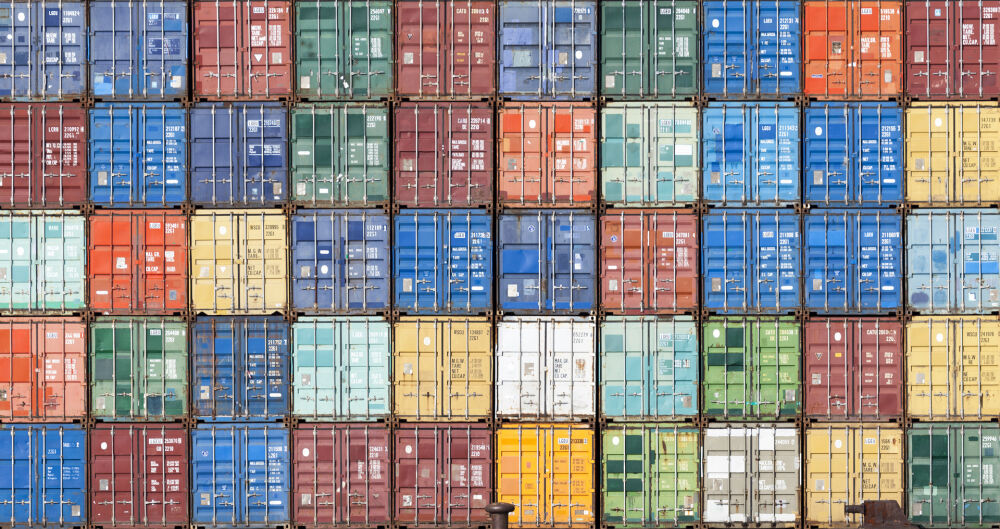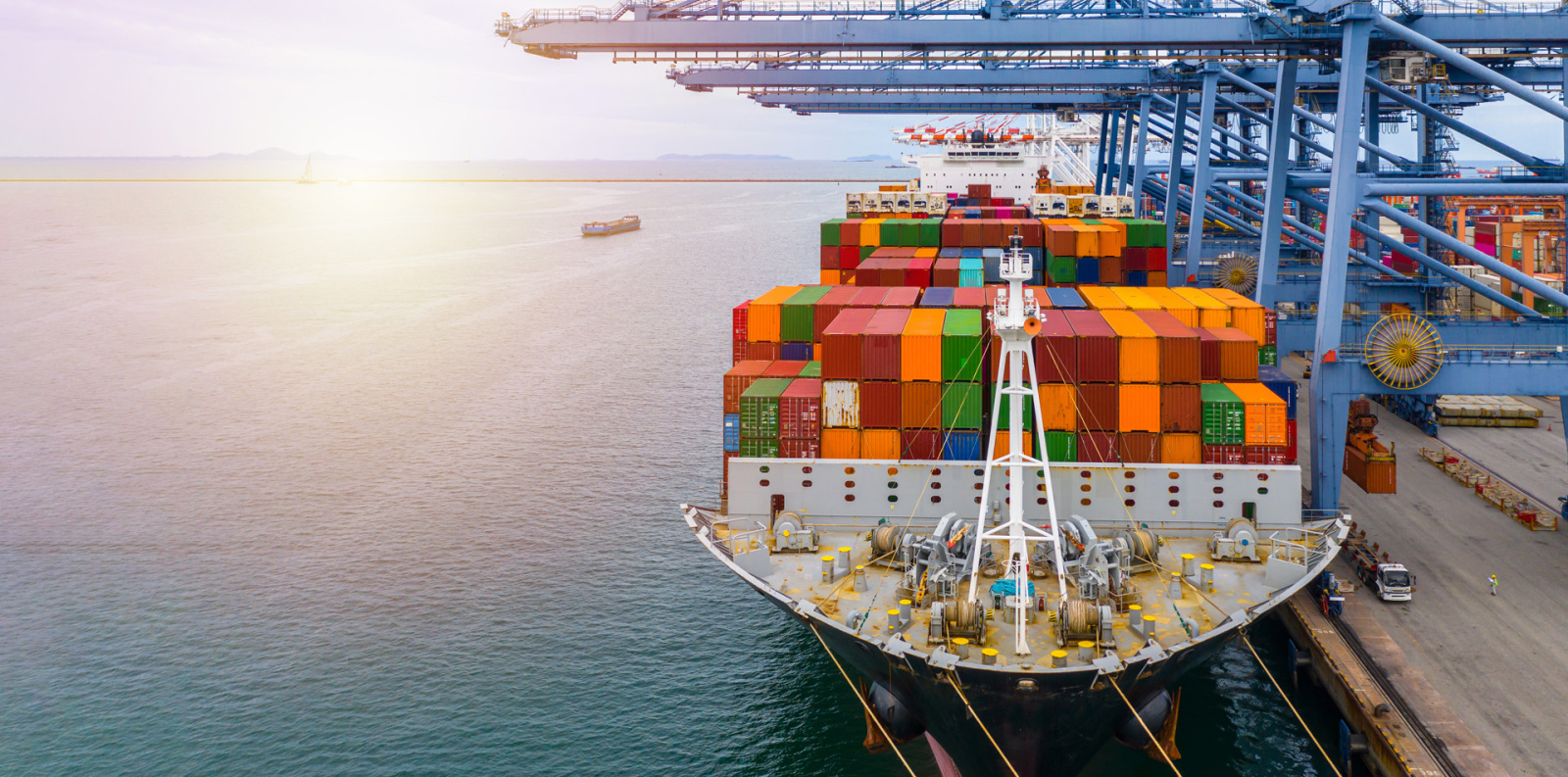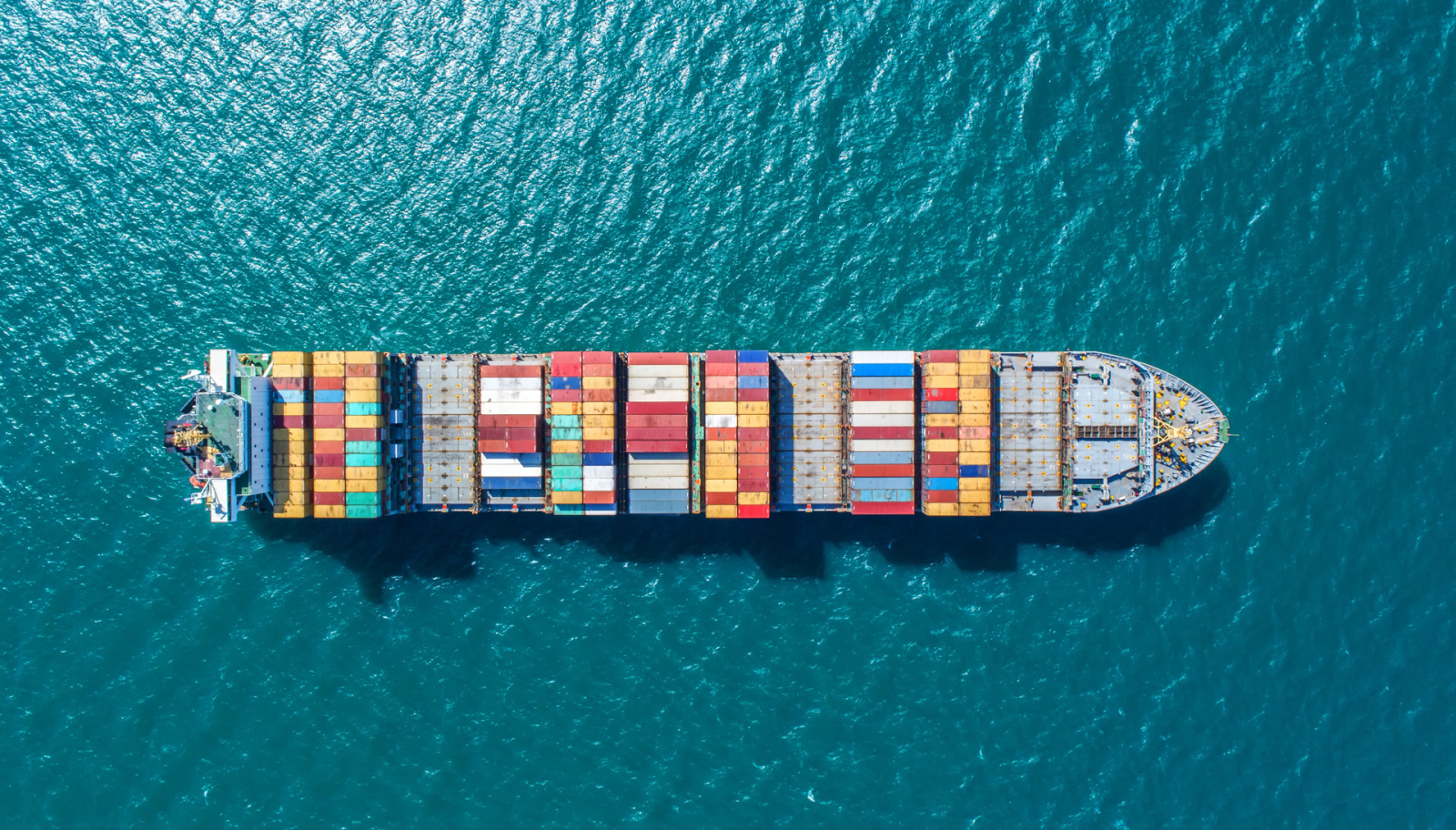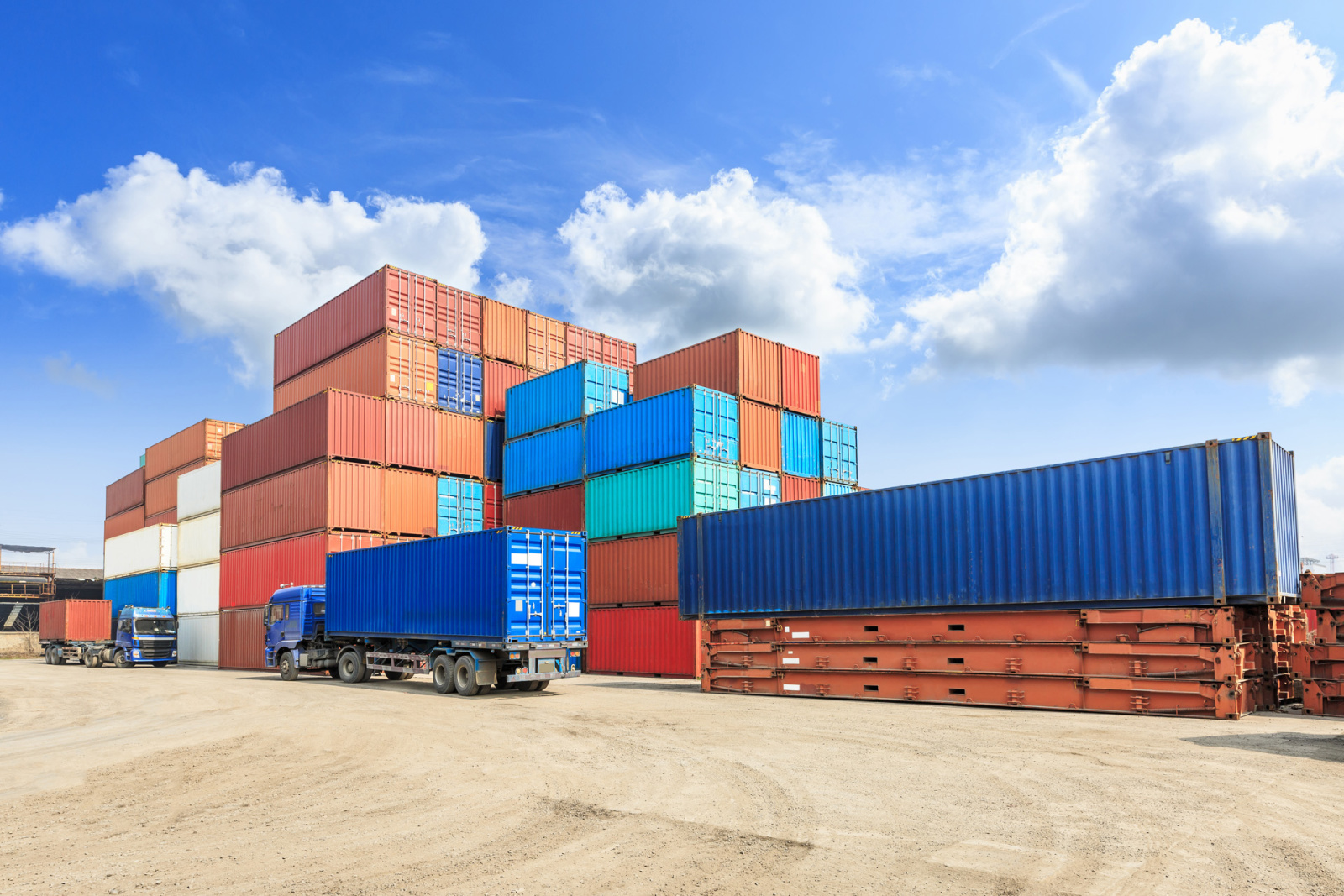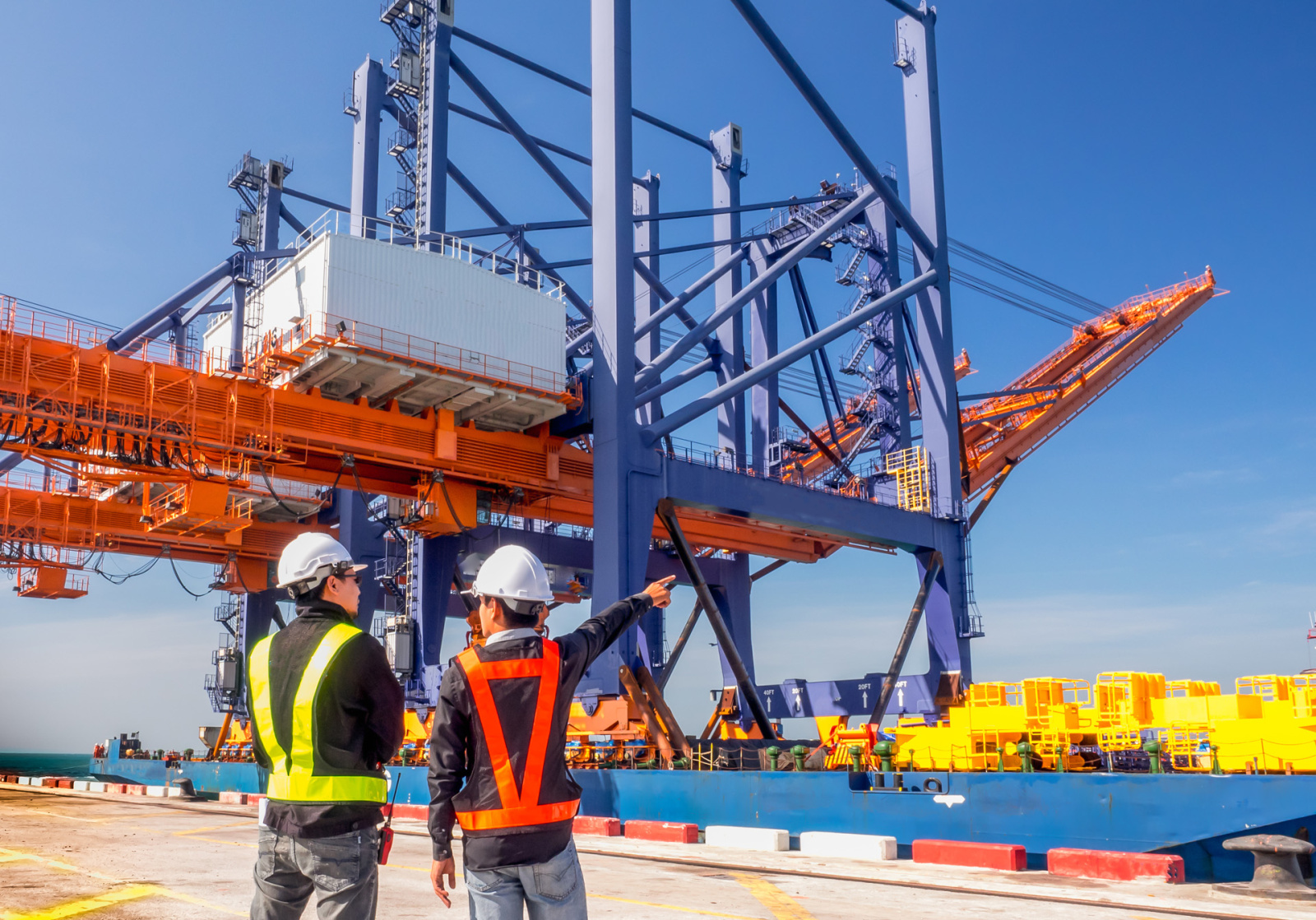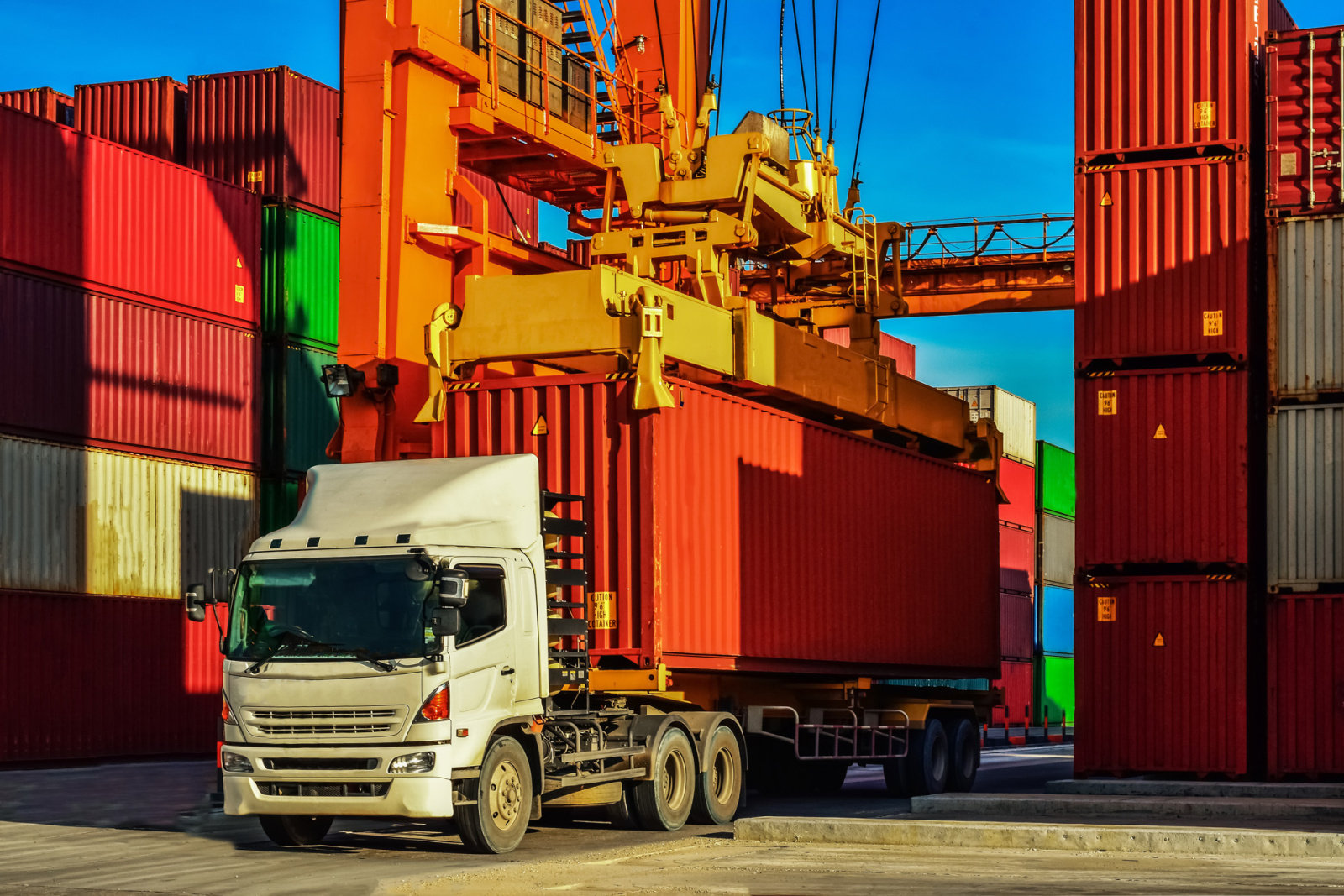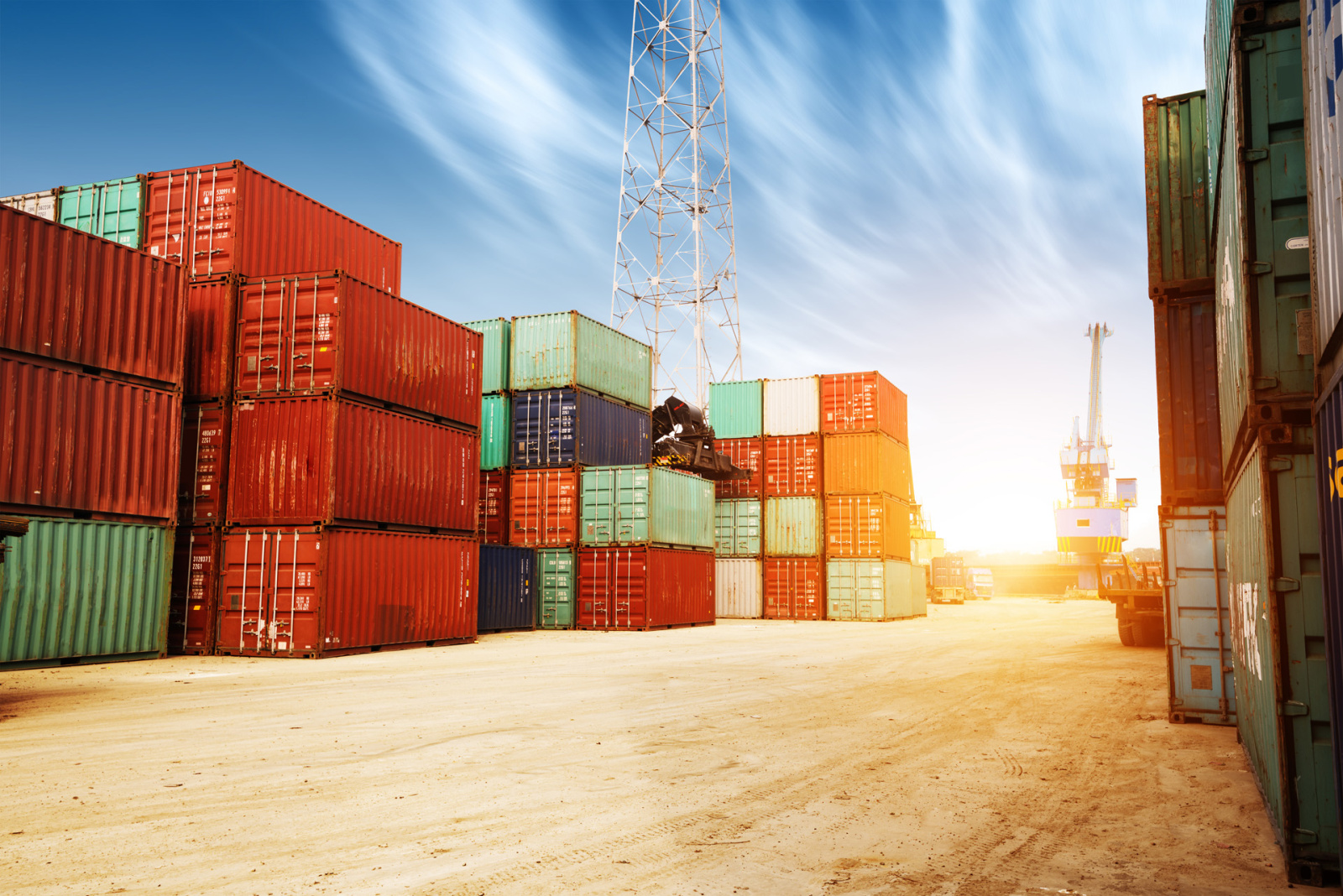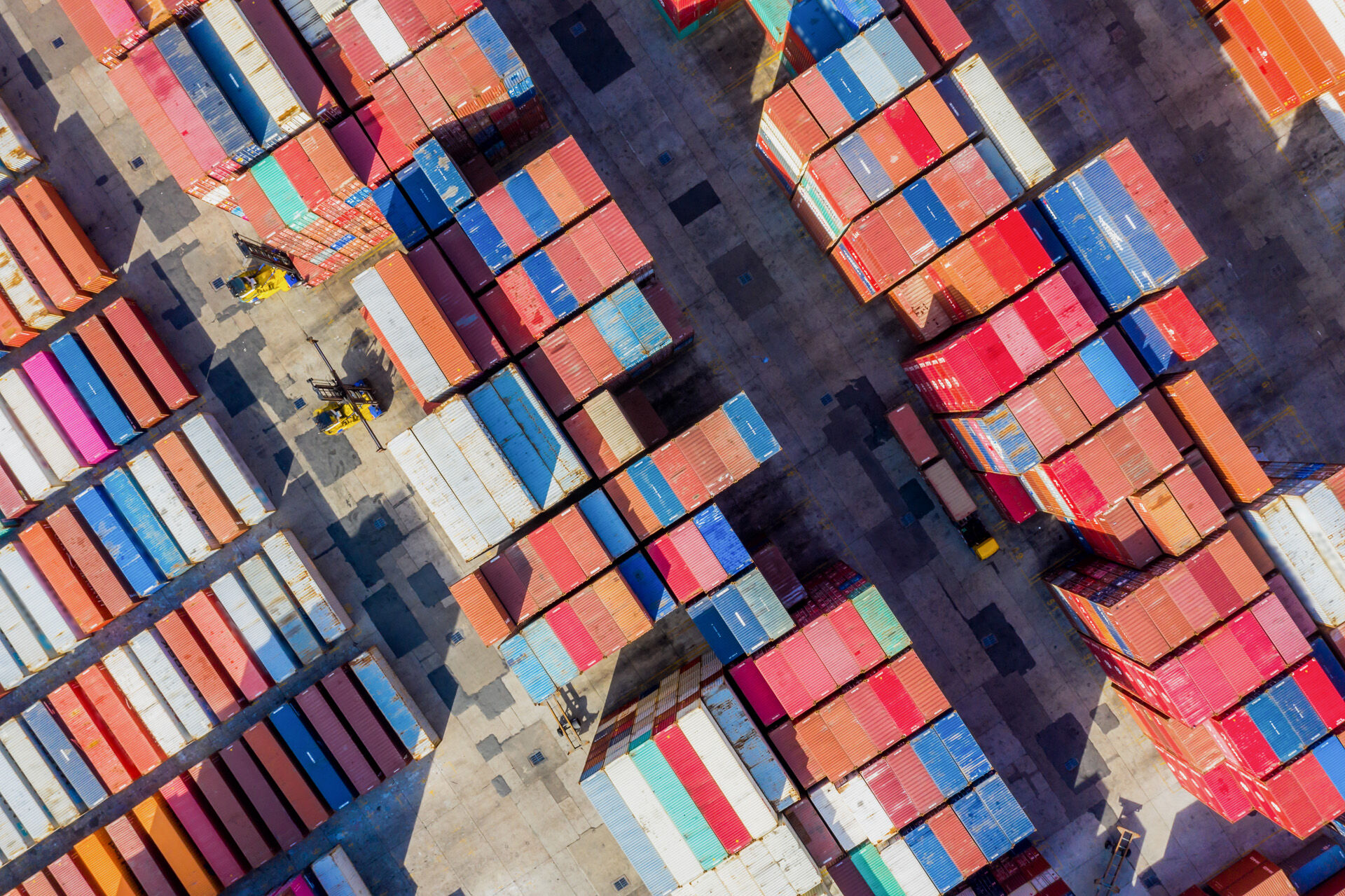
Incoterms: What Are They? And How Do You Use Them?

Daan
Supervisor Operations
Apr 24, 2024
Doing business involves risks, especially when the party you are dealing with is on the other side of the world. If your company operates internationally, you want to ensure that the agreements you make are crystal clear. The presence of risks is evident to everyone—damage, loss, late delivery… Ideally, you want all these risks covered (read: insured). A lot goes into formalizing these agreements. Are you waiting for something to be forgotten or unclear? Hopefully not. That’s why we use Incoterms.
What are Incoterms?
The International Chamber of Commerce (ICC) has established standard delivery terms that can be used worldwide: Incoterms. You include these in your sales contract so that all parties involved know what to expect.
As delivery terms, Incoterms are comprehensive. They determine who is responsible for insurance, permits, and other formalities. And consider this: they also establish which party is responsible for transport and when the costs and risks transfer from the seller to the buyer.
All rights and obligations are clearly defined. Moreover, Incoterms are available in multiple languages. By providing clarity, you ultimately reduce risks.
The Incoterms were updated in 2020. The ICC revises them every ten years to ensure that the delivery terms remain aligned with practical realities.
Good to know: Incoterms apply to all forms of transport. However, there is a specific set of delivery terms for sea and inland waterway transport. In total, there are four different Incoterm conditions, often referred to as the EFCD conditions. We’ll briefly explain them for you.
How do I choose the right Incoterm?
Good question, especially if you're new to importing or exporting. A logistics service provider can help you choose the right delivery terms.
Here are three questions you can answer for yourself:
- How will the goods be transported?
- What is my relationship with the other party?
- How much control do I want to have?
It is advisable to mention the version of Incoterms you are using to avoid confusion. Incoterms are only complete when the agreed-upon loading place, port of loading, and port of destination (or terminal or place, depending on the Incoterm) are specified.
Are Incoterms binding? And what should I watch out for?
It is recommended to always adhere to the existing conditions associated with an Incoterm, as this prevents confusion. However, Incoterms are not legally binding.
A sales contract is legally binding, and you can specify any deviations from the standard terms. Be sure to clearly document these agreements and ensure that all parties understand the associated risks and obligations.
Attention! Incoterms do not address the transfer of ownership. This must always be described separately in the sales contract.


Need help choosing the right Incoterm?
If you’ve never dealt with exporting or importing before—and trust us, even if you have been doing it for a long time—choosing the right Incoterms can be quite challenging.
Fortunately, this is our expertise, and we have experts ready to advise you on which Incoterm best suits your shipment.
Related blogs

Vietnam in 2026: The Growth Market for Smart Importers

Importing from India: growth opportunities, trends, and local support

More than a freight forwarder: how we strengthen your supply chain

Vietnam: the trade engine of Southeast Asia

Why Quality Control in importing matters
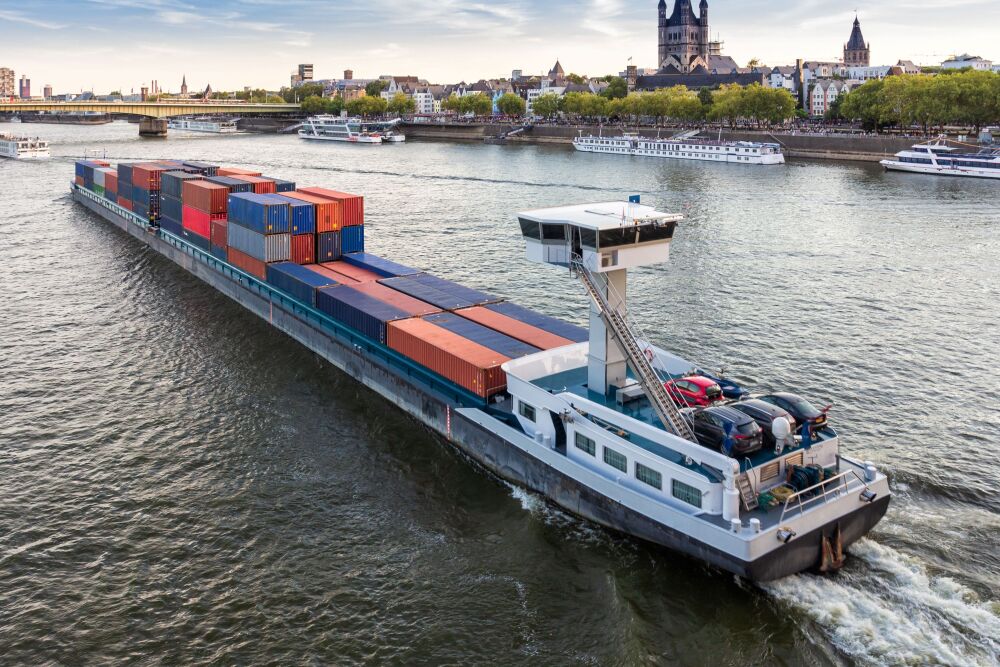
The benefits of transporting containers by barge

Consolidation: It's a Skill You Can Learn!
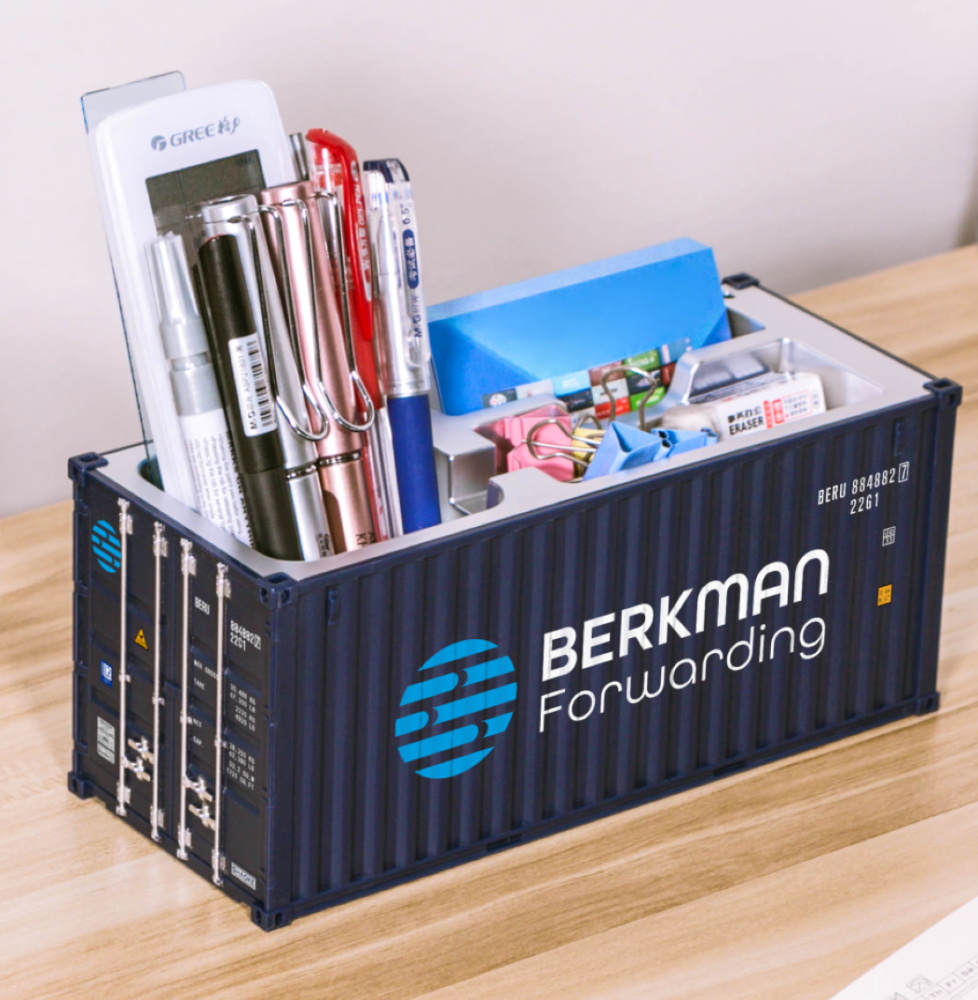
A Container is More Than Just a Black Box!
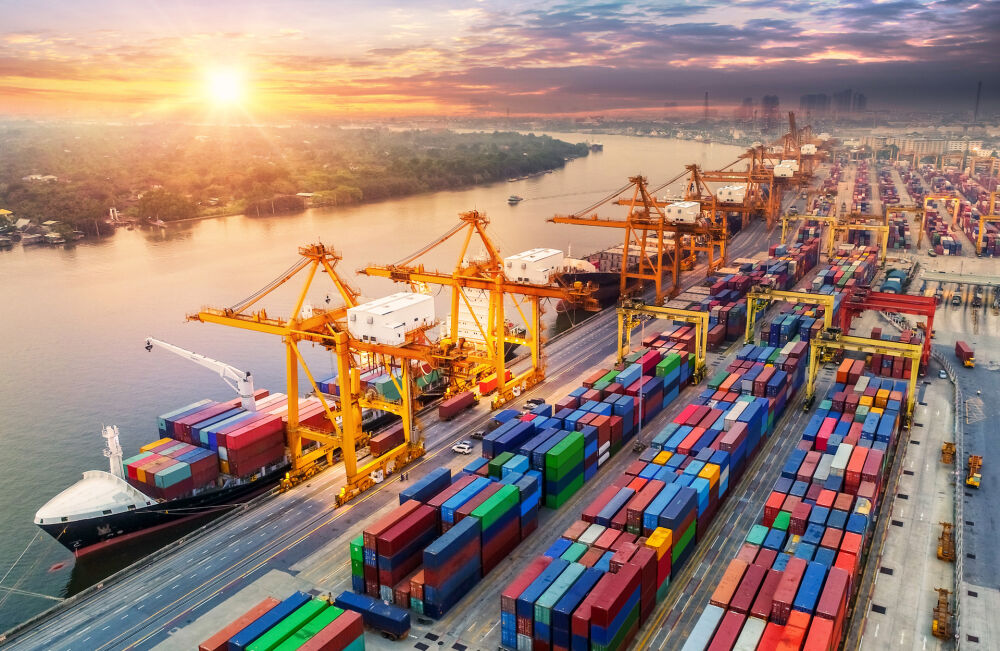
The Advantages and Disadvantages of LCL Shipments
